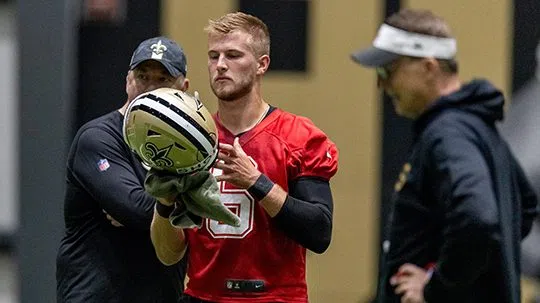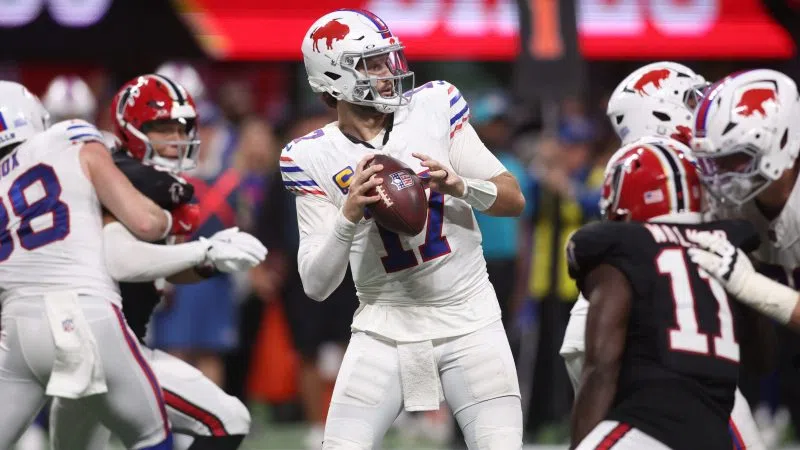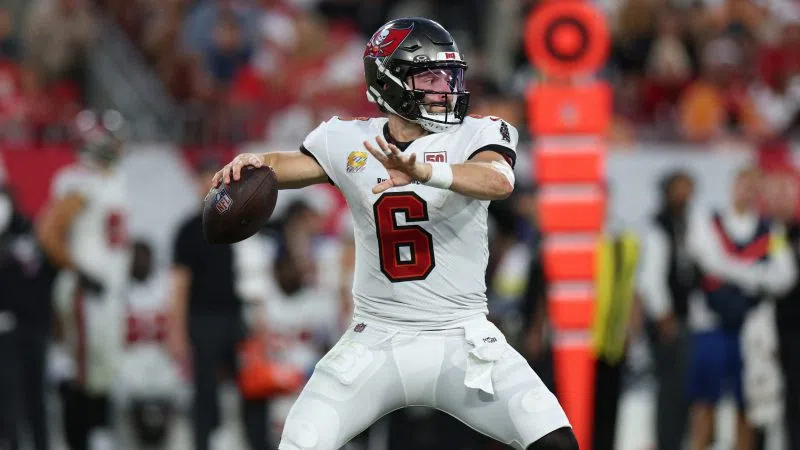
By Ross Jackson
The month’s long jostling of second-round pick guarantees between NFL teams and player representation is finally about to come to an end in New Orleans. And the final domino to the conversation was just blown over in the Windy City.
Per ESPN’s Adam Schefter, the Chicago Bears have given wide receiver and No. 39 overall pick Luther Burden II a fully guaranteed contract. His draft placement was just one selection ahead of New Orleans Saints rookie quarterback Tyler Shough, who was selected No. 40 overall.
With that now in the books, the stage is set for Shough to receive a fully-guaranteed deal as well. One that we advocated to give after two other second-rounders ahead of Shough were given the deal.
It was clear then where this was going, and now everything is effectively set up to work out for Shough and his team.
Any potentially haggling at this point would be for the benefit of strong arming around a $1 million difference in salary. Shough was well-established to be receiving a minimum of 90% of his deal guaranteed anyway after pick No. 43, San Francisco 49ers defensive lineman Shemar Turner) received 88% of his deal promised.
Let’s Do The Math
Shough’s expected full contract value is $10,793,226.
Because Turner received 88% of his deal guaranteed, it was likely Shough would end up with a minimum of 90-92% promised.
Working with that, 92% guaranteed would result in $9,929,767.92 being set for the rookie’s contract.
The difference between 92% guaranteed and 100% guaranteed would be just $863,458.08.
While that is a lot of money in the everyday world, it certainly is not for an NFL contract.
Now, there shouldn’t be much hold up in getting this deal done.
The Saints’ veterans and rookies all report on Tuesday, July 22 with camp starting the following day. That seems to be a likely target to get this increasingly likely fully-guaranteed contract signed.
But What If Shough Doesn’t Work Out?
One way or another, the Saints were going to have to guarantee a vast majority of the rookie’s deal. The difference of around $1 million doesn’t make them any less likely to reinvest at the position in next year’s draft if things don’t work out. Nor is it much money lost should quarterback Spencer Rattler take and hold on to the reins.
At the worst, the Saints have a solid and reliable backup option on a rookie contract for his four years and then things could move along from there.
New Orleans could have traded assets, moved back into the first round, drafted a quarterback whose contract would have automatically been fully guaranteed and would face the exact same risk plus a loss of draft capital if that passer had not panned out in 2025.











